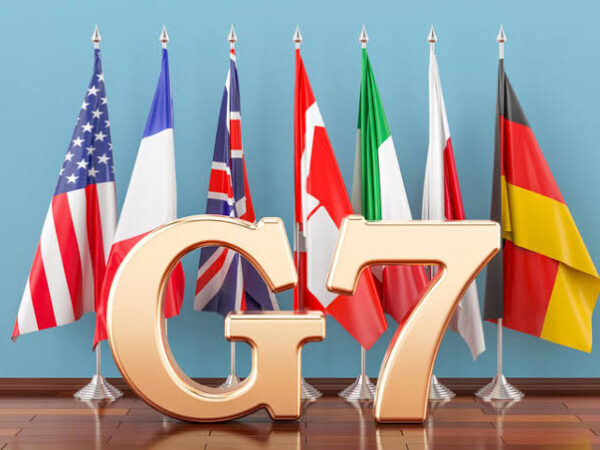The UK Supreme Court has ruled in the case of R (on the application of Elan-Cane) (Appellant) v Secretary of State for the Home Department (Respondent) that Her Majesty Passport office ( HMPO) is not under obligation to recognise a gender category other than male or female having considered article 8 of the European Convention on Human Rights (“the Convention”), either taken on its own or read together with the prohibition on discrimination in Article 14.
Her Majesty’s Passport Office (“HMPO”) is an agency of the Home Office which deals with the issuing of passports and related matters. It is HMPO’s policy that an applicant for a passport must state on the application form whether their gender is male or female. If no gender is stated, the gender shown on the applicant’s supporting documents is selected. The passport is issued recording the passport–holder’s gender as male (“M”) or female (“F”). People who are transgender (which for this purpose is defined to mean people who have acquired a gender, either male or female, which is different from the one recorded at birth) can obtain passports showing their acquired gender, on the production of a gender recognition certificate, a re–registered birth certificate, or a doctor’s letter.
The appellant was born female but identifies as non–gendered. In 1995, the appellant contacted the UK Passport Authority, a predecessor of HMPO, to inquire whether it was possible for a passport to be issued without making a declaration of being male or female. The appellant was informed that it was not. The appellant accordingly applied for, and was issued with, a passport in which the gender was recorded as female. The appellant made similar inquiries in 2005 and in correspondence between 2010 and 2016, with similar results.
In 2014, HMPO completed an internal review of gender marking in passports. It noted that there had been very few requests for a non-gendered (“X”) marking, other than from the appellant, and that UK legislation, including discrimination and equality legislation, is based on the categorisation of all individuals as either male or female. It stated that recognising a third gender would put HMPO “in isolation from the rest of government and society” and would result in administrative costs of about £2m being incurred. The Government repeated these points when it considered the issue in 2016.
The appellant argues that the policy operated by HMPO contravenes the right to respect for private life which is guaranteed by article 8 of the European Convention on Human Rights (“the Convention”), either taken on its own or read together with the prohibition on discrimination in article 14. The High Court and the Court of Appeal rejected that argument. The appellant appealed to the Supreme Court.
The Supreme Court unanimously dismissed the appeal.




Hi Dear, are you truly visiting this web site daily, if so then you will definitely take pleasant knowledge.